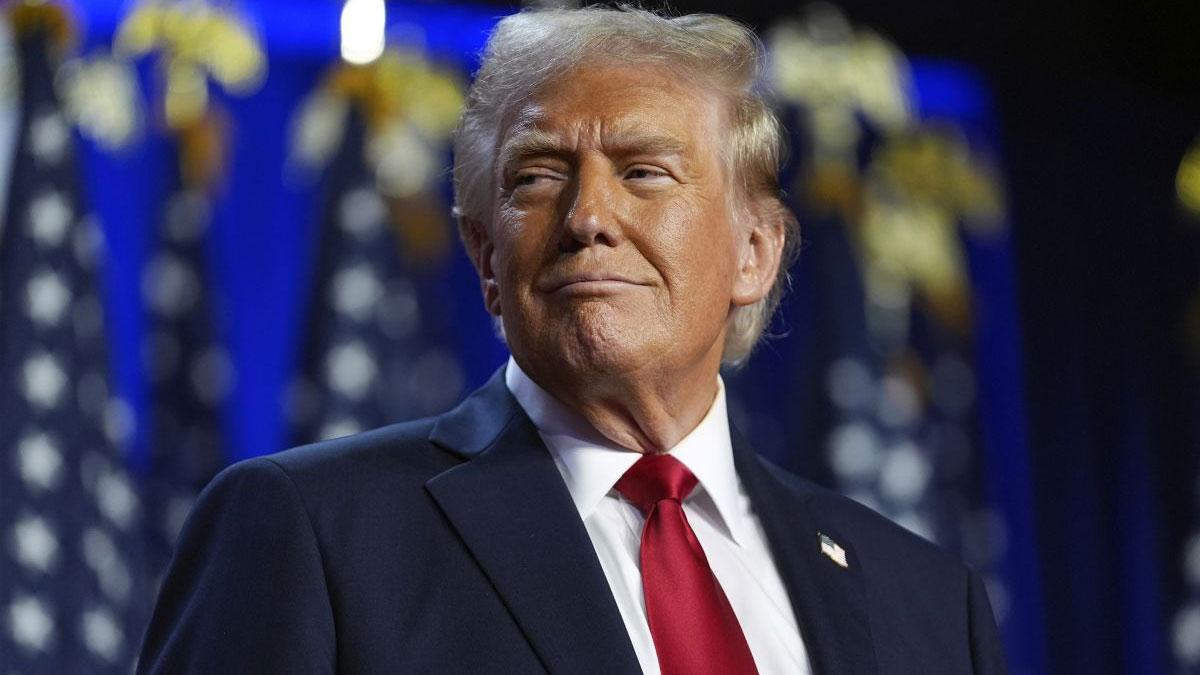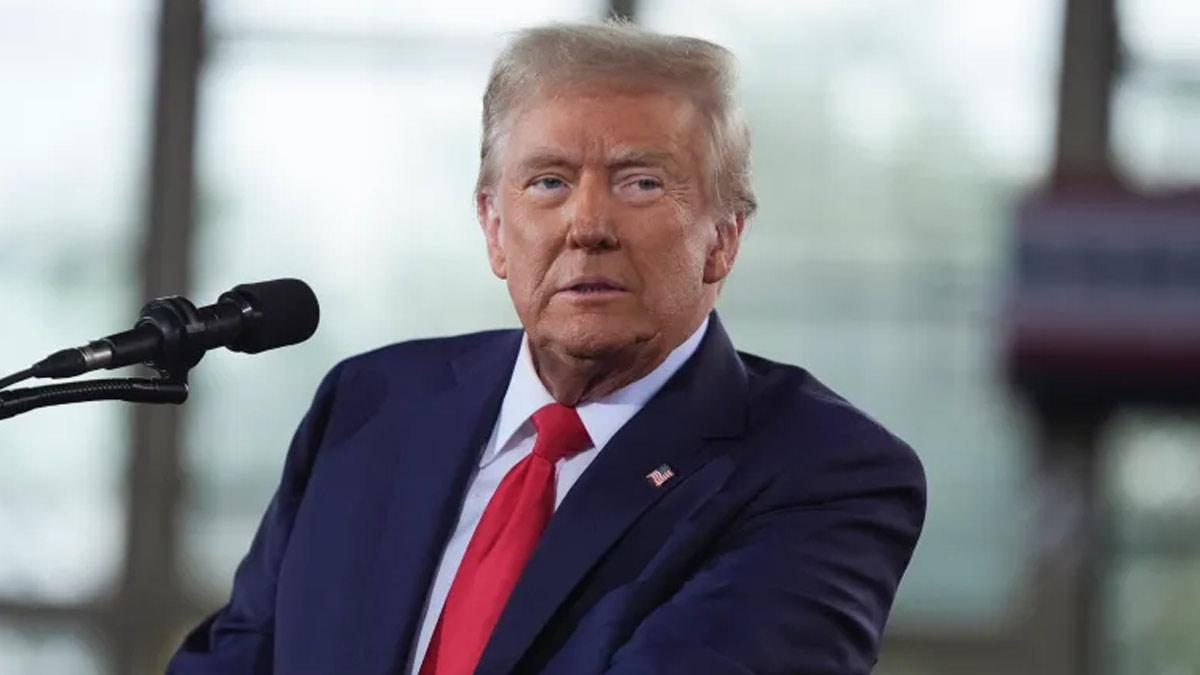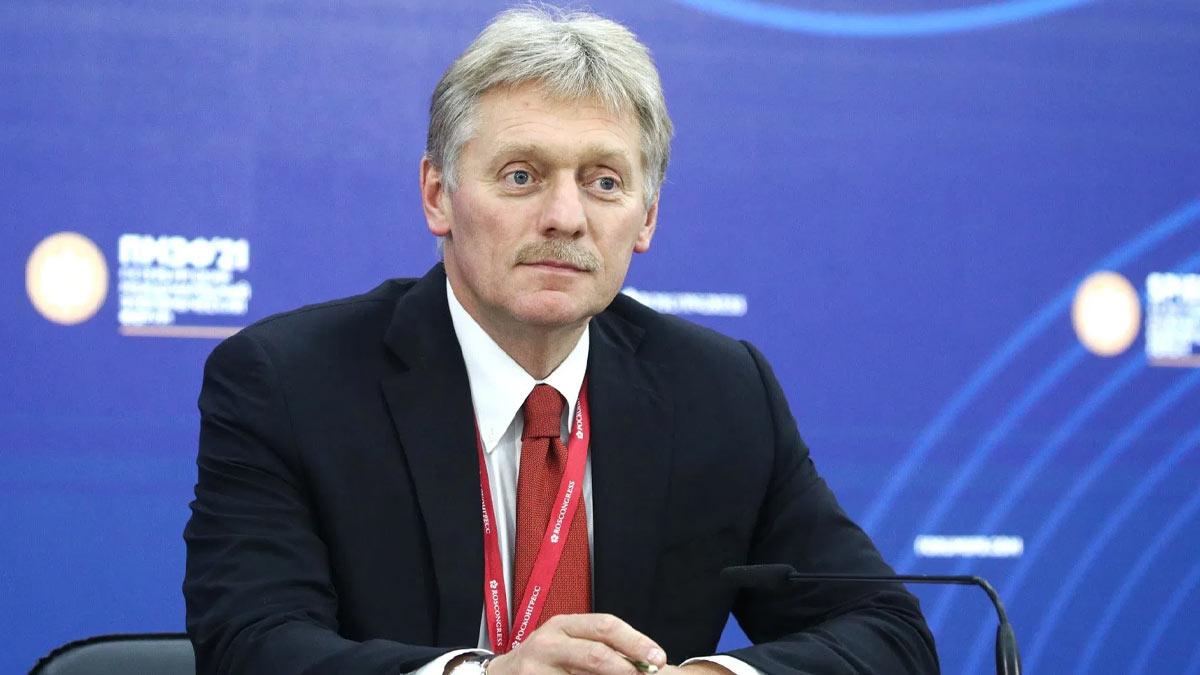President Trump suddenly removed Air Force Gen. CQ Brown Jr. from the position as chairman of the Joint Chiefs of Staff on Friday, demoting a trailblazing fighter pilot and well-liked officer amid a purge advocated by his secretary of defense that seeks to drive diversity and equity proponents out of the military's top ranks.
Brown's removal, only the second African American to serve as chairman, will reverberate with shock waves through the Pentagon. The 16 months he has occupied the post were dominated by war in Ukraine and the growing war in the Middle East.
“I want to thank General Charles ‘CQ’ Brown for his over 40 years of service to our country, including as our current Chairman of the Joint Chiefs of Staff. He is a fine gentleman and an outstanding leader, and I wish a great future for him and his family,” Trump posted on social media.
Brown's public embrace of Black Lives Matter following the police murder of George Floyd had made him a target of the administration's battles against "wokeism" within the military. His removal is the latest drama at the Pentagon, which is set to begin reducing 5,400 probationary civilian employees next week and find $50 billion in programs that can be reduced next year to redirect the savings to support Trump's priorities.
Trump stated he's appointing retired Air Force Lt. Gen. Dan "Razin" Caine to become the next chairman. Caine is a career F-16 pilot who served on active duty and the National Guard, and was previously the associate director for military affairs at the CIA, according to his military biography.
Caine's career in the military has involved combat assignments in Iraq, special operations duty and positions within some of the Pentagon's most sensitive special access programs.
But he hasn't had central duties specified in law as prerequisites to the job, such as acting as either the vice chairman, a combatant commander or a service chief. That provision could be waived if the "president determines such action is necessary in the national interest."
Defense Secretary Pete Hegseth, in a statement commending both Caine and Brown, made the dismissals of two other top officers: Chief of Naval Operations Adm. Lisa Franchetti and Vice Chief of Staff of the Air Force Gen. Jim Slife.
Franchetti is the second top female military officer to be dismissed by the Trump administration. Trump dismissed Coast Guard Commandant Adm. Linda Fagan a day after he was inaugurated.
A surface warfare officer, Franchetti has served at every level, commanding U.S. 6th Fleet and U.S. Naval Forces Korea. She was the second female in history to be promoted to four-star admiral, and she did several deployments, including serving as commander of a naval destroyer and twice as aircraft carrier strike group commander.
Slife commanded Air Force Special Operations Command before he became the service's vice chief of staff and had deployed to the Middle East and Afghanistan.
He said in a statement to The Associated Press on Friday: "The President and Secretary of Defense are entitled to have generals that they trust and the force is entitled to have generals who are credible with our elected and appointed leaders. Though I'm disappointed to be leaving under these conditions, I wouldn't want the result to be any other way."
Trump has exercised his executive power far more aggressively in his second term, recalling most of the officials from the Biden administration despite many of them being positions intended to roll over from one administration to another.
The chairman position was created in 1949 as an adviser to the president and secretary of defense, as a means of sifting through all of the opinions of the service chiefs and more easily presenting that information to the White House without the president needing to contact each separate military branch, says an Atlantic Council briefing authored by retired Maj. Gen. Arnold Punaro. The position has no real command power.
Trump moved forward despite backing for Brown from influential Congress members and an apparently cordial meeting with him in mid-December, when the two sat next to each other for a period at the Army-Navy football game.
The dismissals come after weeks of rumor following a list of officers, including Brown, to be dismissed was leaked on Capitol Hill — but significantly was not sent through any official notification to either of the Republican chairmen of the House or Senate armed services committees.
Sen. Roger Wicker, the Senate Armed Services Committee's GOP chairman, did not name Caine in a statement Friday.
"I thank Chairman Brown for his decades of distinguished service to our country," Wicker stated. "I have no doubt Secretary Hegseth and President Trump will choose a qualified and able successor for the important post of Chairman of the Joint Chiefs of Staff."
Democratic Congressional leaders condemned the terminations as an explicit move to politicize the military.
“A professional, apolitical military that is subordinate to the civilian government and supportive of the Constitution rather than a political party is essential to the survival of our democracy,” Rhode Island Sen. Jack Reed, ranking member of the Senate Armed Services Committee, said in a statement late Friday. “For the sake of our troops and the well-being of every American, elected leaders — especially Senate Republicans — must defend that enduring principle against corrosive attempts to remake the military into a partisan force.”
Brown's future was brought into doubt at last month's confirmation hearing for Hegseth. When asked whether he would dismiss Brown, Hegseth said, "Every single senior officer will be reviewed based on meritocracy, standards, lethality and commitment to lawful orders they will be given."
Hegseth previously had fired his shots at Brown. "First of all, you gotta fire, you know, you gotta fire the chairman of Joint Chiefs," he had bluntly declared in a November podcast. And in one of his books, he raised doubts if Brown landed the position due to the color of his skin.
“Was it because of his skin color? Or his skill? We’ll never know, but always doubt — which on its face seems unfair to CQ. But since he has made the race card one of his biggest calling cards, it doesn’t really much matter,” Hegseth wrote.
As he walked into the Pentagon on his first day as defense chief on Jan. 27, Hegseth was asked directly if he planned to fire Brown.
“I’m standing with him right now,” said Hegseth, patting Brown on the back. “Look forward to working with him.”
Brown, who was out on Friday meeting troops at the U.S.-Mexico border, came under scrutiny for his comments on the killing of George Floyd in 2020. Though he knew it was a risk, he said, talking to his wife and sons about the murder convinced him he had to speak up.
As protests roiled the nation, Brown posted a video message to the Air Force titled, “Here’s What I’m Thinking About.” He described the pressures that came with being one of the few Black men in his unit. He recalled pushing himself “to perform error-free” as a pilot and officer his whole life, but still facing bias. He had been asked for his credentials even when he put on the same flight suit and wings as the rest of the pilots.
Brown's route to the chairmanship was contentious — he was one of more than 260 high-ranking military officers whose nominations languished for months at the hands of Republican Sen. Tommy Tuberville of Alabama. But when the Senate voted in September 2023, Brown was easily confirmed by a vote of 89-8.
It had been 30 years since Colin Powell became the first Black chairman, serving from 1989 to 1993. But while African Americans made up 17.2% of the 1.3 million active-duty service members, only 9% of officers were Black, according to a 2021 Defense Department report.
Brown's stint as chairman made history in the sense that this was the first time both the defense secretary, Lloyd Austin, and the chairman of the Joint Chiefs were Black.
Read also| US NSA Mike Waltz: Trump Growing 'Very Frustrated' with Zelensky


















